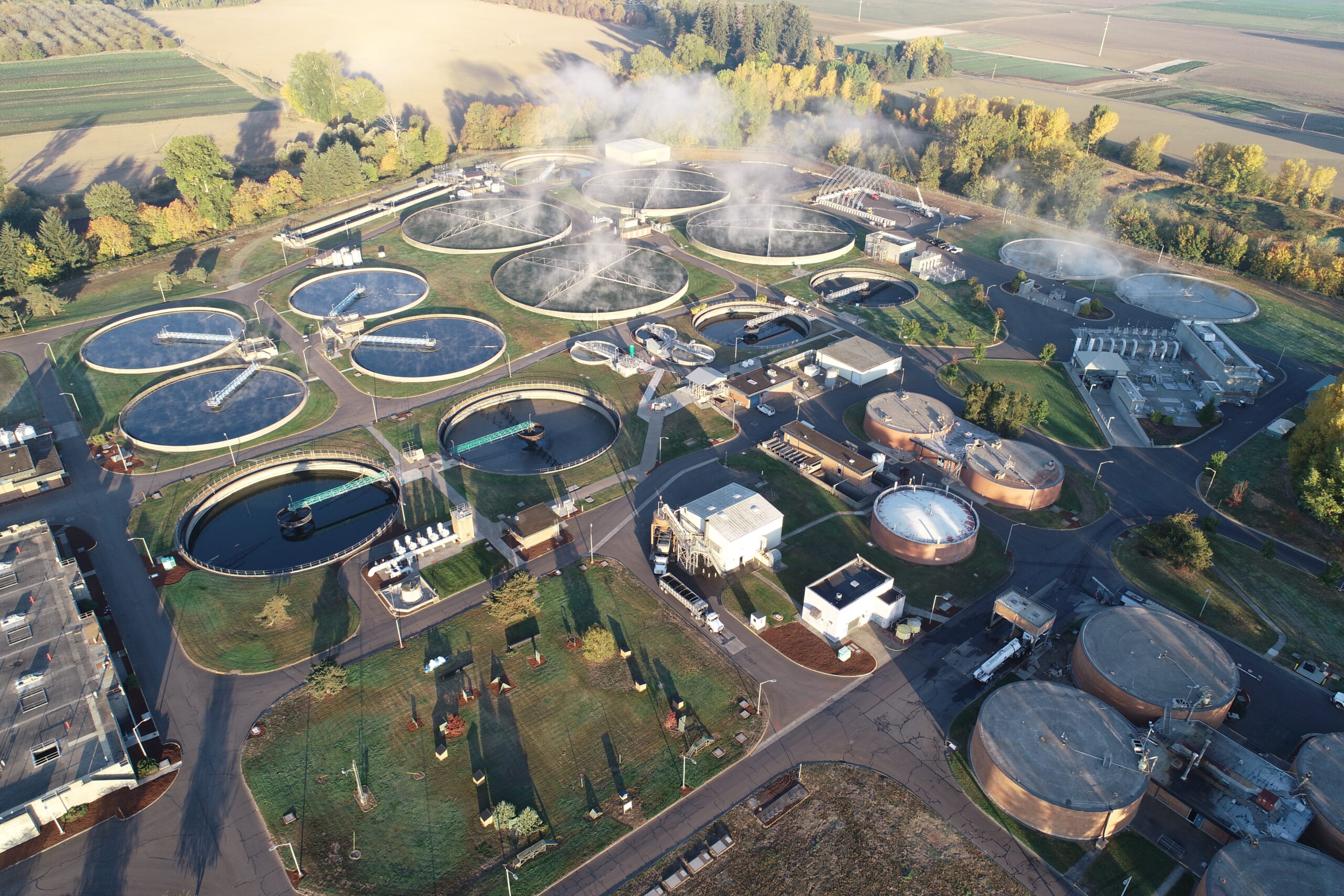
Renewable distributed energy resources can bring big benefits to Oregonians—but they require significant investments.
Local renewable energy projects produce clean, reliable power right where it’s needed, reducing energy costs, helping build a more resilient grid, creating jobs and boosting the local economy.
Energy Trust helps municipalities, nonprofits and other groups make these projects technically viable and financially feasible by offering cash incentives, technical assistance and project development support.
In partnership with project owners, Energy Trust and its trade allies can identify and attract other funding, helping applicants leverage additional dollars through utility grants and federal programs.
These include Portland General Electric’s Renewable Development Fund and Pacific Power’s Blue SkySM program, which offer competitive grants to help build clean energy projects in their respective service territories. Grants are available thanks to the support of thousands of Oregonians who choose renewable power through PGE’s Green FutureSM program and Pacific Power’s Blue Sky program.
Funding is offered every year. For 2020 funding, Pacific Power is accepting applications through August 17. (PGE’s application window closed August 1.)
Another source of financial support is the U.S. Department of Agriculture’s Rural Energy for America program. It offers grants and loans to agricultural producers and small businesses in rural areas for renewable energy systems, including irrigation hydropower.
Applications for up to $20,000 are due October 31. Applications for unrestricted amounts are due in spring 2021.
What does this funding mean for communities? One example is the cogeneration upgrade project at Salem’s Willow Lake Wastewater Pollution Control facility. To support this $11.1 million renewable energy project, Energy Trust provided a $3 million incentive while PGE provided a $3 million grant.
The combined heat and power generation system increases sustainability and savings for the city. It uses biogas—a byproduct of the wastewater treatment process—to produce 7,600 megawatt-hours of net-metered renewable power annually. That’s enough to meet approximately 50% of Willow Lake’s electricity needs, saving $300,000 a year for the city and its residents.
Excess thermal energy from the plant is used to heat the administrative building, saving another $30,000 a year in natural gas costs.
The project also yields equity benefits. Salem is Oregon’s most diverse metro area: one in three residents is a person of color, and the city has a higher percentage of residents with low incomes than the state average. As a municipally-owned project, Willow Lake helps ensure traditionally underserved people share in the benefits of clean renewable power.
Energy Trust is interested in encouraging development of innovative renewable energy resources involving biopower, small hydropower and solar. If you have a project idea, need help identifying funding or just want to learn more, call Dave Moldal at 503.445.2476.
